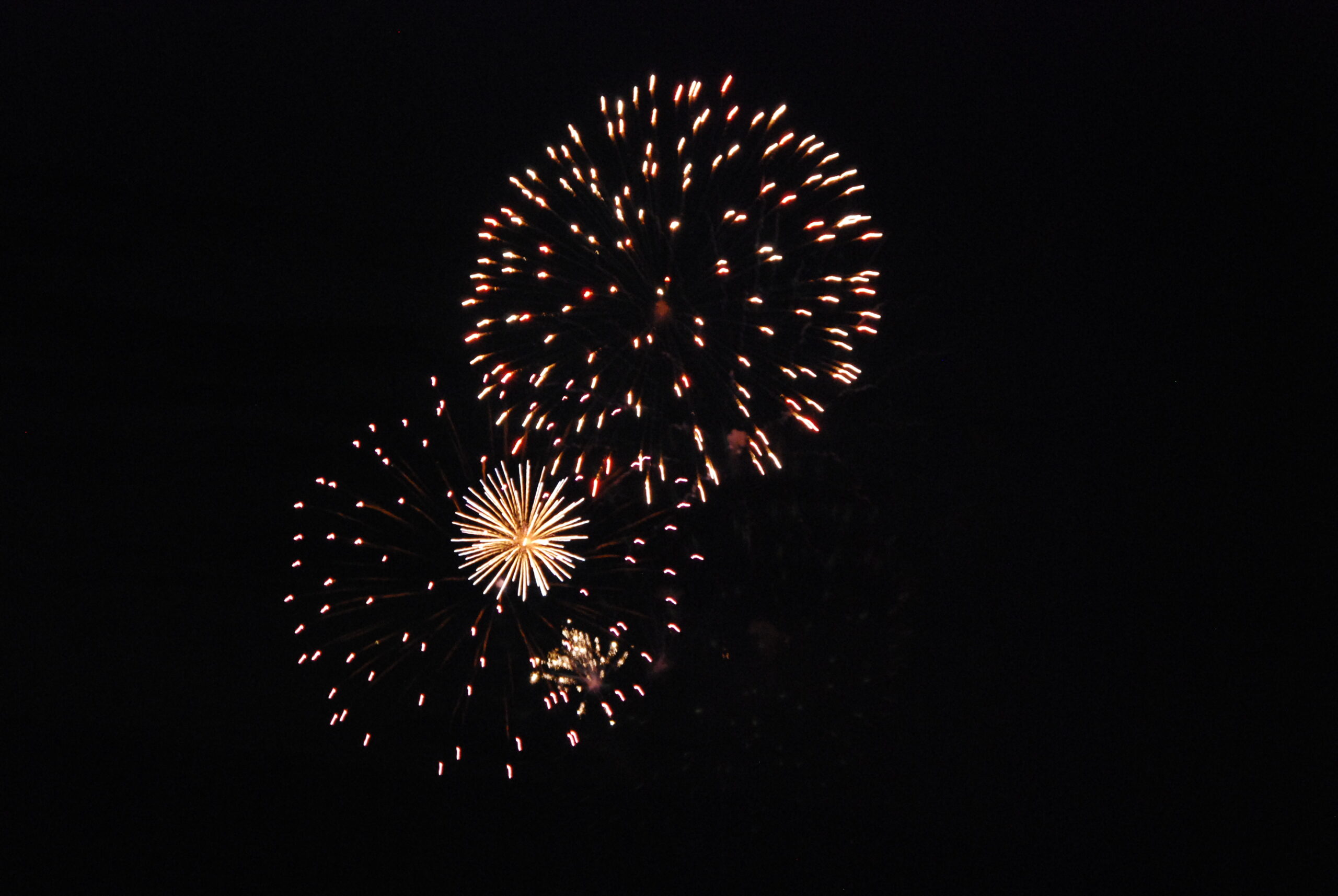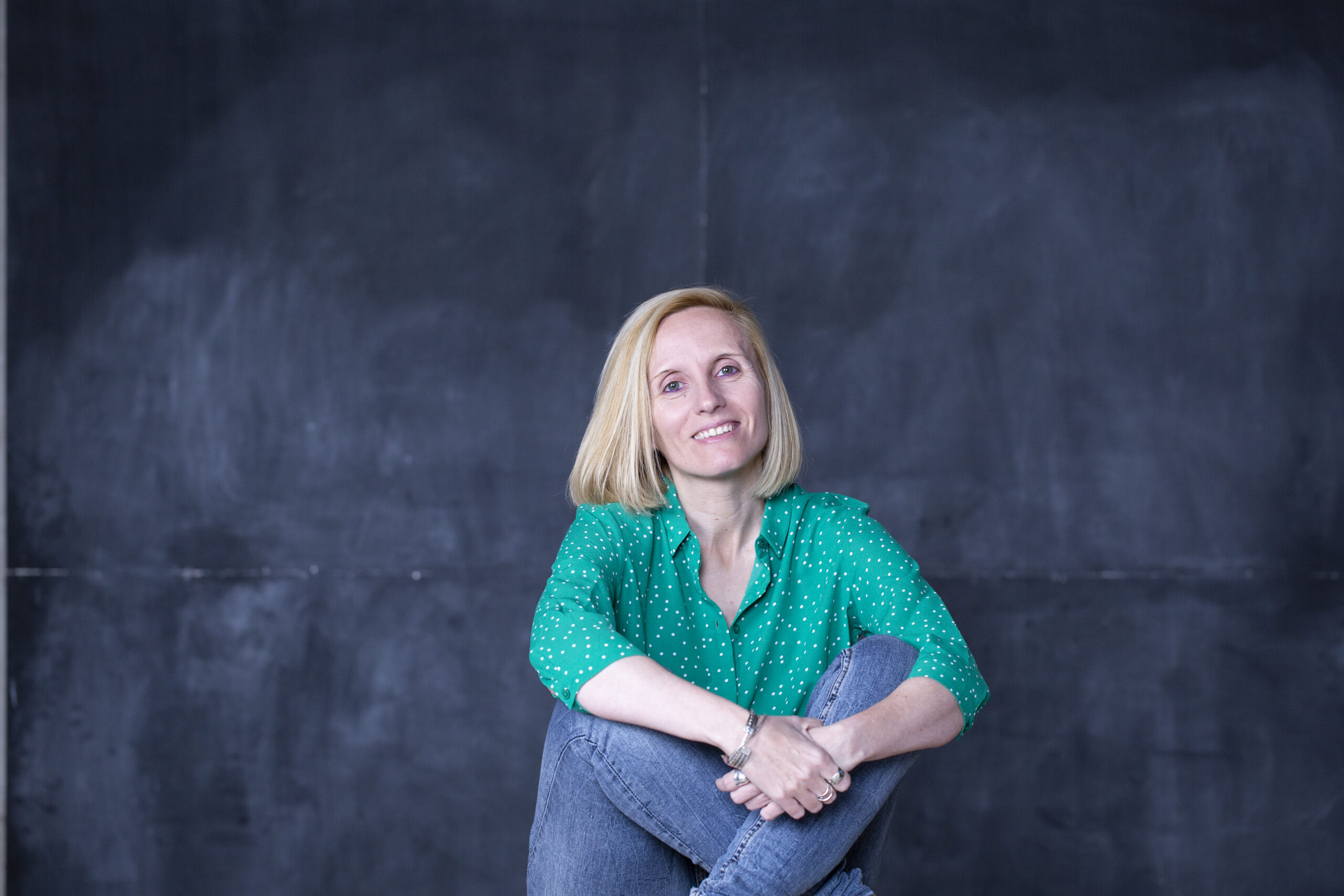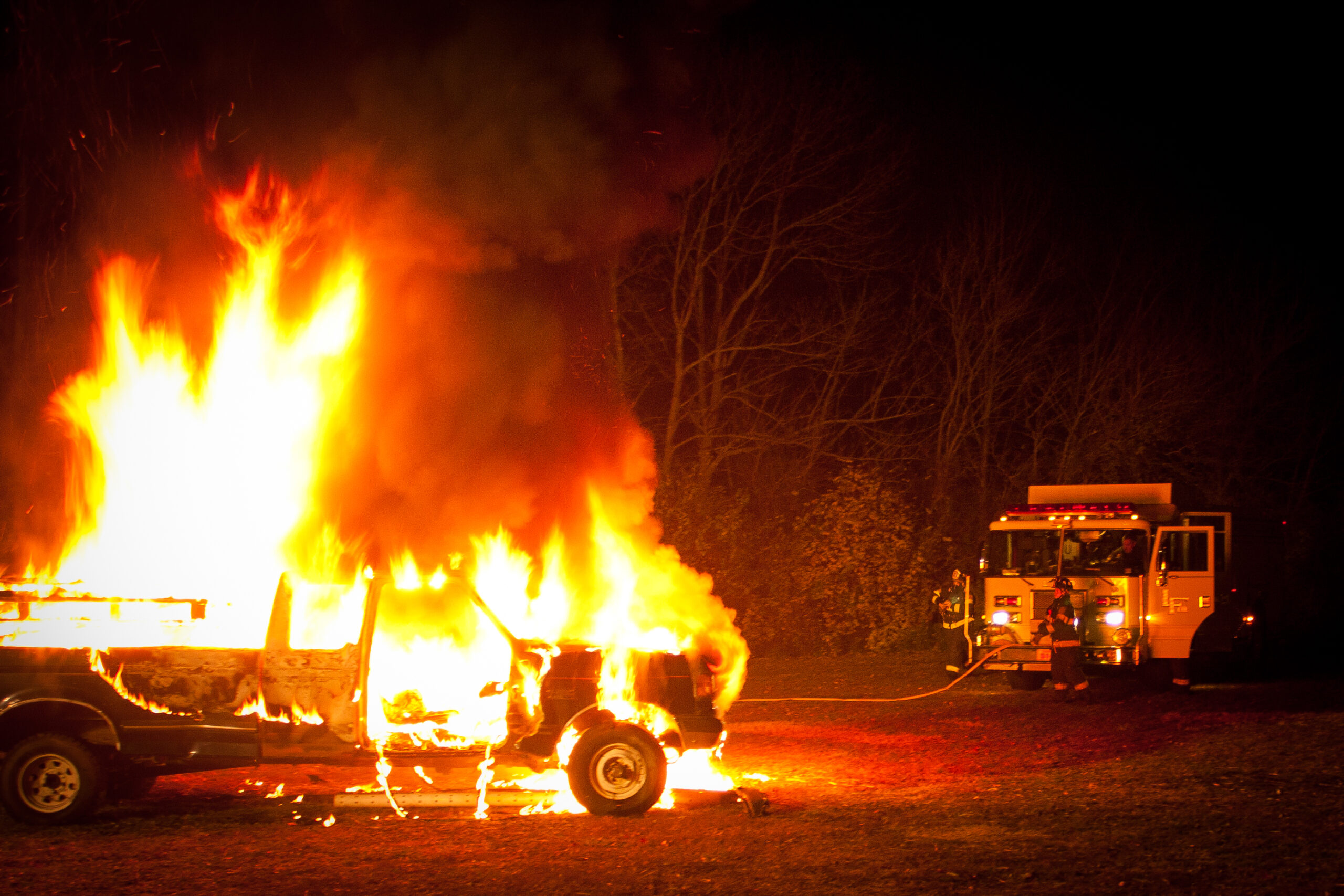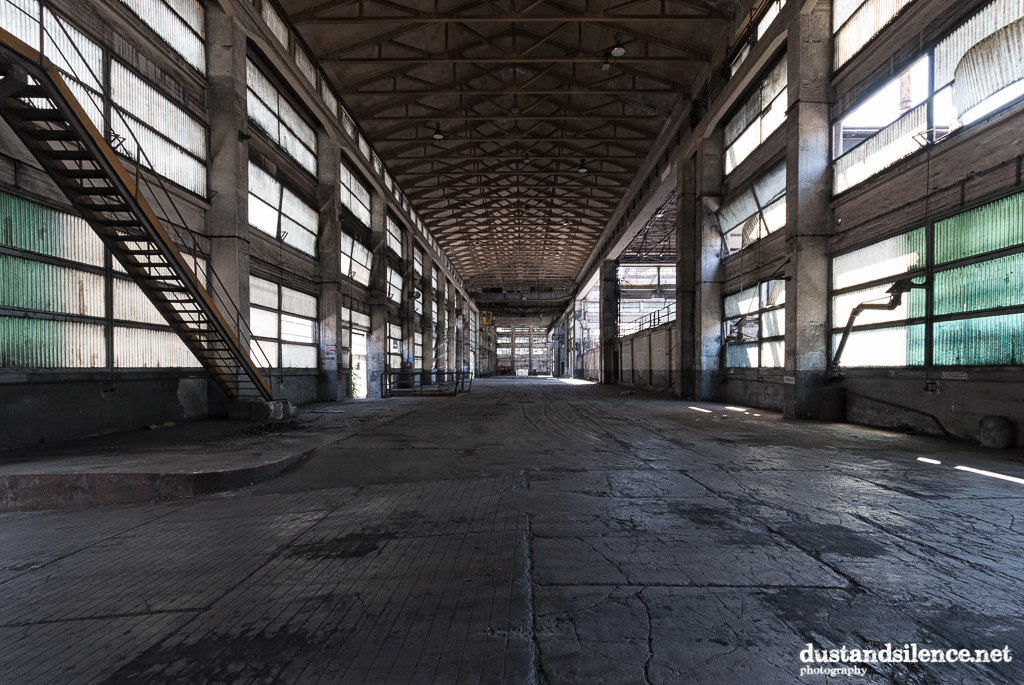Translated by NASHWA GOWANLOCK
He stormed out of the house, yelling and cursing. His belly, hemmed in and taunted by high-waisted underpants (which had once been white), flopped over his waistband as if trying to flee from his too-short pants. He cursed those raucous kids; cursed their parents, those bastards; cursed the father who spawned those wretched creatures. As for his other neighbors: in a matter of seconds they were at the black iron railings, gripping onto the bars that surrounded the high windows to stop reckless children from falling yet still allow the adults to enjoy the view over the city. Meanwhile, the Syrian characters of the soap opera were left to discuss amongst themselves the various methods of smuggling weapons and prisoners, and how to free themselves from the yoke of the French colonizer.
The din of fireworks that had become more potent in recent years vexed this neighbor. It was almost as loud now as the stun grenades usually hurled at the homes of opposing candidates during local elections, or at the debtors of loan sharks.
He felt compelled to go out and put a stop to these fireworks that rang out after each iftar in celebration of the holy month. Because, if he kept quiet, it could very well continue through the whole of Ramadan, and that would be a real problem—an entire month, not just one Eid night that he could let pass.
A white police car sped up and croaked its way around the roundabout. Its blue light rotated across the neighborhood buildings, which the locals had decorated with colorful lights strung across railings. The lights formed the shapes of a star and crescent, in a much higher concentration than ever before, making their unwelcome presence known in the Jewish-majority “new neighborhood” beyond the walls of Acre’s old city.
At the sound of shouting and beating, the angry neighbor sprinted over to find out who those bastards were, tracked by his spectators, who shifted to the windows on the other side of their apartments.
“Big Brother” had installed state surveillance cameras to film everything that dared happen in public, like someone trying to steal a car, or someone else being forced to relieve themselves behind a shrub or trash can because they were too far from home. Cameras caught ganglike groups of girls or boys out on the prowl, and mothers slowly pushing their kids in strollers and exchanging niceties and expressions of fatigue. They captured young women scanning shop windows for the next dress that would fall prey to their whims, or a coveted pair of shoes to wear at their sisters’ weddings that would take place after the two Eid celebrations. “Big Brother,” who witnessed everything, had seen the kids who threw the fireworks and filmed them fleeing, so that the local patrol had now caught them, as easily as a cat pouncing on a bird with broken wings.
This neighbor, whose curses nullified his fasting and all the good deeds his hunger and thirst had amassed during this arduous summer Ramadan with its late sunset iftars, and whose belly was trying to bolt from his short pants, saw the Israeli secret police pin his two sons down onto the windows of their patrol car. He watched as they pushed them both inside like they were a pair of sheep a couple of days before Eid ul Adha. This made him curse even louder: “Leave the boys alone! Damn your fathers, those bastards! Let them go!” And he ran.
When the patrol moved, having reunited the father and his heroic sons, the neighbors returned to their TV series, grumbling over the ads, which they had by now memorized. Except for Abu Bassam, who took off his gray silk abaya that his mother had brought back from her ninth Umra pilgrimage and put on his smart clothes: a pale blue shirt, a black pair of pants with a sharp crease running vertically down the front, and a shiny pair of shoes.
He stood at the door, checking to see if he’d forgotten anything: his cell phone, a packet of cigarettes, the house keys, his black wallet, his air of grandiosity. The green glow of the Ramadan decorations reflected on him as he picked up the abaya, which had been folded haphazardly.
“Where to, now? God help us,” his wife said.
“Do you want me to leave the guy to deal with this alone? Of course I’m going to go and help him.”
“Why don’t you just let his brother go after him, and his brother-in-law? What’s it got to do with us? He doesn’t know how to raise his sons, and he’s always stomping around the neighborhood and cursing like a sailor.”
“Good neighbors and all that… and anyway, they’re making a mountain out of a molehill. It’s just a couple of fireworks; it’s not as if they’re the ones dropping one-ton bombs on Gaza. The boys are having a bit of fun because it’s Ramadan. It’s not like they blew up the Naval School.”
“Suit yourself,” she said, giving in.
The TV channel’s short ads came on, heralding the return of the soap opera. “How honorable of you, chief,” Abu Bassam’s middle son said, quoting the drama on the TV, and they all burst out laughing. “How very gallant, indeed!” his eldest daughter added, playing along and trying to fake a Syrian accent by elongating the vowels of her own Palestinian tongue.
“Damn this guy for a neighbor,” Abu Bassam grumbled as he left, the lights from the apartment fading behind the front door, along with the sounds from the TV. “He’s made me miss the whole episode. God help us.” He switched on the stairwell light, bringing into view the wife of his troubled neighbor, who had been heading toward his apartment.
“That’s okay, neighbor. You stay,” she said as she started down the stairs instead, staring at him through the gaps. “Go and watch TV. Stay at home; I’ll go.”
Realizing his blunder, Abu Bassam faltered and began to stammer: “Please, neighbor. I didn’t mean it, I swear.” Then he stumbled down after her. “Wait!” he cried out, all the while muttering a string of curses under his breath.
Eyad Barghuthy is a Palestinian writer, translator, and literary editor from Nazareth who lives in Acre. He studied sociology, anthropology, and political science at Tel Aviv University. He also worked as director of the Arab Culture Association in Haifa for several years, and as editor of the weekly newspaper Fasl al-Maqal. He has published several literary contributions, most notably the novel Bardaqana and two short story collections: Maturity and Between the Houses. In 2008, he received the Young Writer of the Year Award from the A M Qattan Foundation. Since 2018, Eyad has been translating, editing, and preparing a collection of children’s books.
Nashwa Gowanlockis a writer, editor, and translator of Arabic literature. Her translations include After Coffee by Abdelrashid Mahmoudi, and Shatila Stories, a collaborative novel by nine refugee writers. She is the co-translator, with Ruth Ahmedzai Kemp, of Samar Yazbek’s memoir The Crossing: My Journey to the Shattered Heart of Syria and is a contributing editor of ArabLit Quarterly.




